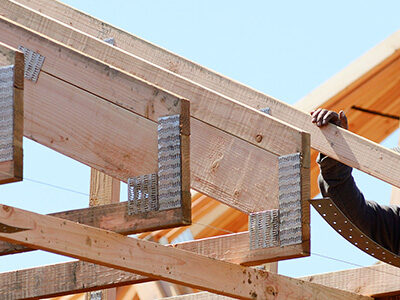If you live in California and currently make your living as a nurse, it is important to recognize the unique on-the-job hazards you face so that you can learn how to minimize them as much as possible. Nurses nationwide experience a broad range of pains and work-related hazards, which can inhibit their ability to perform job-related duties while hindering their overall quality of life.
According to the National Center for Biotechnology Information, you need to be aware, as a nurse, that you are at risk for attacks from patients. If you typically work in an emergency room environment, your risk of experiencing physical or verbal violence rises even further, with more than 50 percent of the nurses in one study reporting experiencing verbal abuse on the job. Additionally, about one in every 10 nurses also experiences physical abuse while on the clock.
Because of your nursing job, you also face unique hazards when it comes to exposure to dangerous or toxic substances. If you regularly administer shots or draw blood from patients, you run the risk of exposure to blood-borne pathogens. Furthermore, your job may expose you to chemical hazards, which can come from cleaning supplies, substances used in chemotherapy treatments, and other avenues.
Additionally, your nursing job also places you at risk for pain, stress and burnout. Bodily pains are quite common among nurses and can stem from heavy lifting and transporting immobile patients, among other causes. Long hours, night shifts and the high-stress nature of the profession can also enhance stress levels, which can lead to employee fatigue and related problems.
While this information about one-the-job hazards faced by nurses is informative, it is not a replacement for legal advice.



